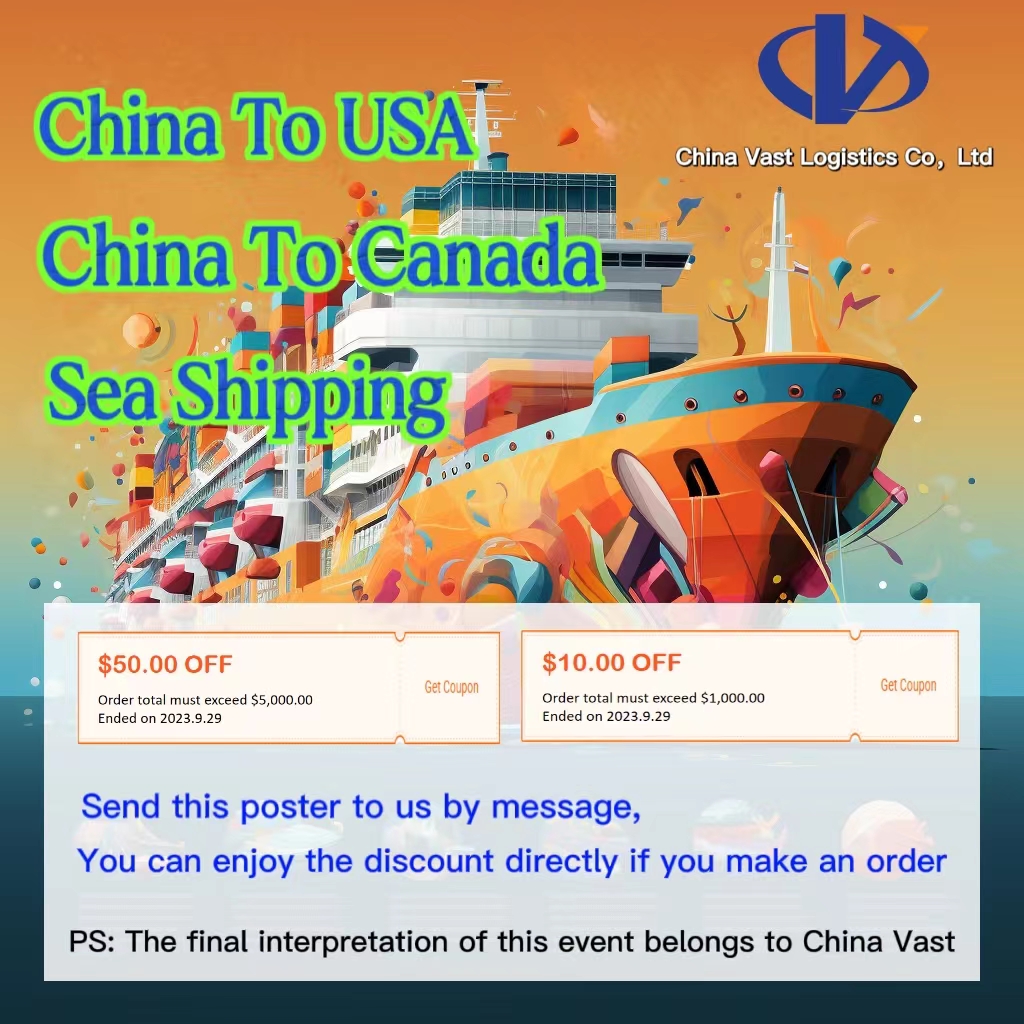What Are Local Charges in Sea Freight?
Local charges refer to the fees incurred at the destination port and throughout the handling process. Below is a clear breakdown of the most common local charges importers and exporters should know.
1. Port Charges
Port charges cover the costs associated with handling cargo at the destination port, including:
Loading and Unloading Charges – Fees for moving cargo between the vessel and port.
Storage Charges – Daily charges for storing cargo at the port.
Docking Fees – Costs for berthing and mooring the vessel.
2. Customs Clearance Fees
Customs clearance converts cargo from international transit to domestic legal status. These fees include:
Customs Brokerage Fees – Payments to customs brokers for handling clearance procedures.
Duties and Taxes – Import tariffs, VAT, and other taxes based on cargo value and type.
3. Transportation Fees
Inland Transportation Fees – Costs for road, rail, or other inland transport from the port to the delivery point.
Feeder Charges – Fees for small vessels used in port-to-port or river transport.
4. Insurance Fees
Insurance protects cargo against risks during transportation. Costs include:
Insurance Type – Total or partial coverage options.
Insured Amount – Premium calculated based on cargo value.
5. Documentation Fees
Charges for preparing and issuing essential shipping documents:
Bill of Lading Fees – Fees charged by carriers for issuing the Bill of Lading.
Other Documentation Fees – Costs for commercial invoices, customs documents, and more.
6. Additional Charges
Depending on the situation, extra charges may apply:
Detention Charges – Fees for late pickup or delayed loading.
Transshipment Fees – Costs for cargo transfers at transit ports.

